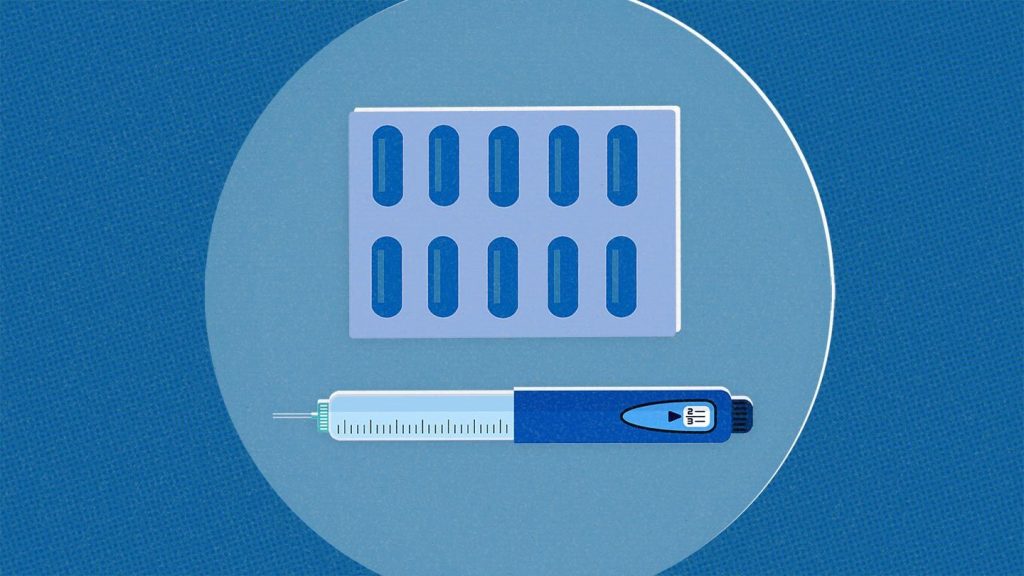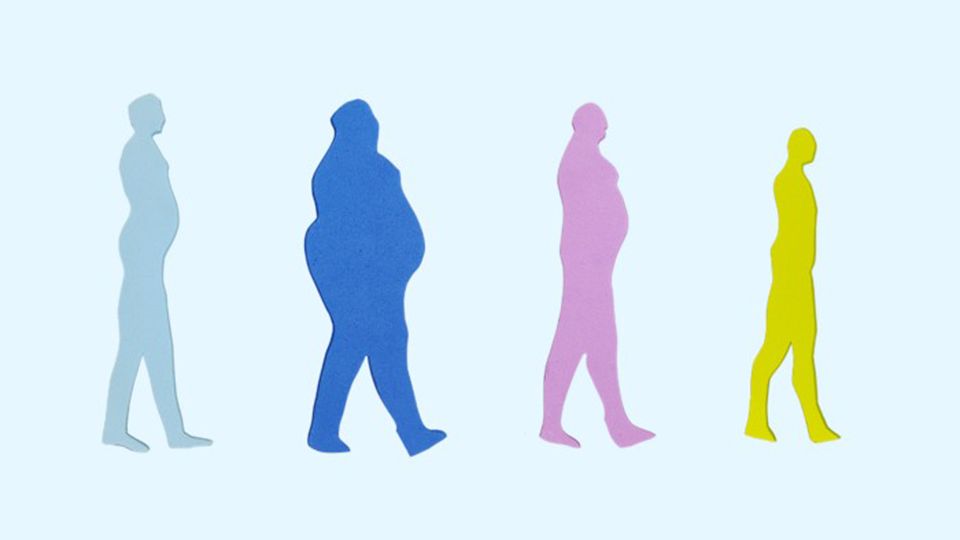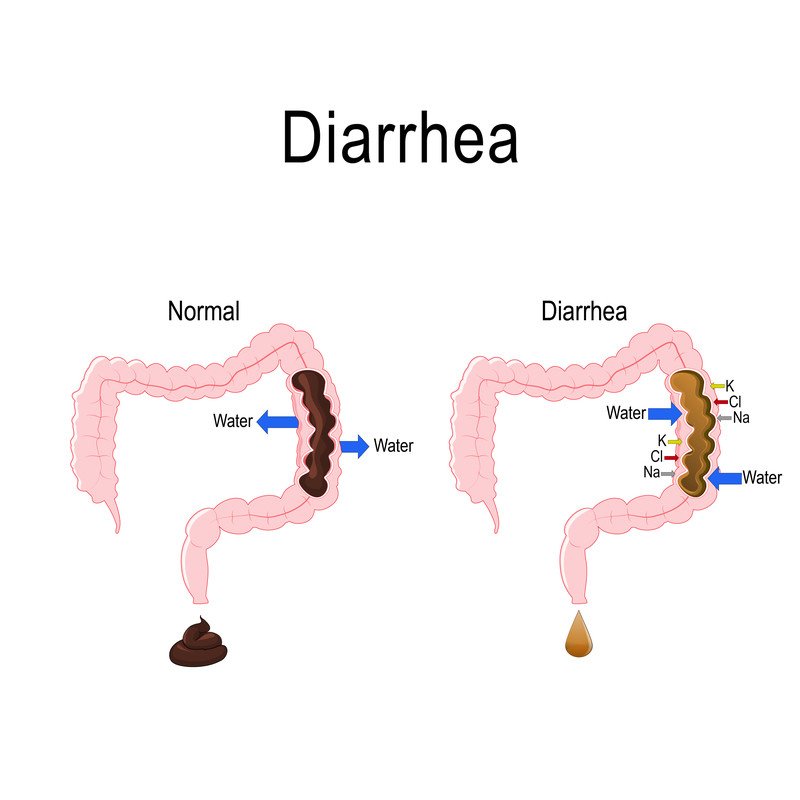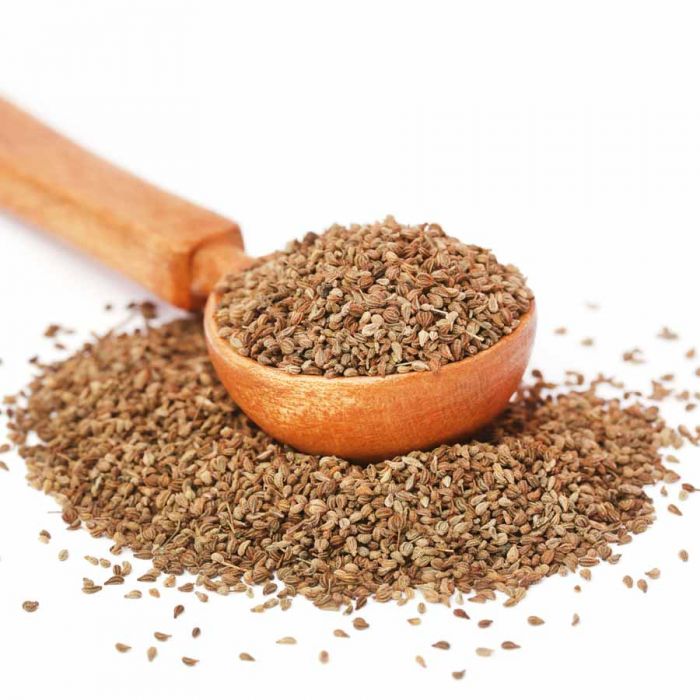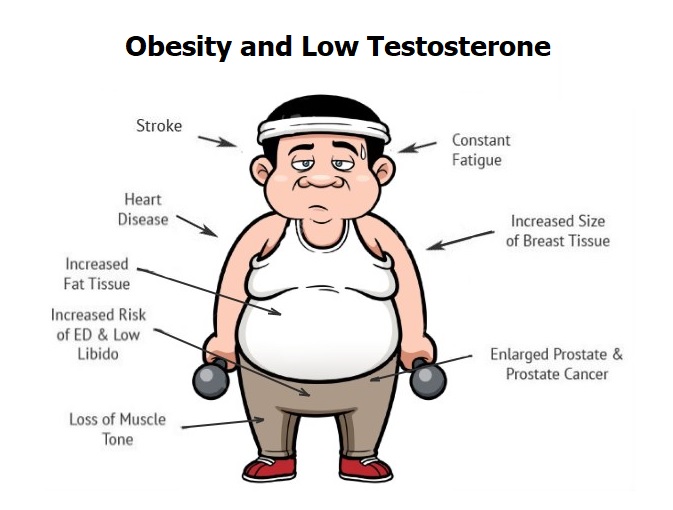Time limited eating helps in weight loss & type-2 diabetes.
According to recent studies, type 2 diabetics who practise time-restricted eating may experience weight loss and better blood sugar control.
According to a new randomized controlled research, those who restrict their eating to the eight hours from midday to eight o’clock lose more weight than people who lower their overall calorie intake by calorie counting.

However, experts advise patients to work closely with their doctor because certain medications and dietary needs may affect how beneficial a patient’s diet plan is.
In a recent study, people who restricted their eating to the hours between noon and eight o’clock lost more weight than those who merely cut their caloric intake overall by counting calories.
Despite the growing popularity of time-restricted eating, no studies had previously specifically examined an eight-hour meal window in people with type 2 diabetes.
In the study, 57 people with type 2 diabetes and obesity were divided into three groups: one group adhered to time-restricted eating, another group engaged in calorie restriction, and the third group acted as the control group.
The people in the time-restricted eating group could only eat between midday and 8 p.m., whereas the people in the calorie-restriction group could eat whenever they wanted as long as they kept track of their calories.
While the control group maintained eating normally without any special modifications, their objective was to cut their caloric consumption by 25% of what was needed to maintain their current weight.
Eating within a time limit reduces body weight.
The time-restricted eating diet resulted in a 3.55% weight loss in comparison to the control group during the course of the six-month study, according to the researchers.
To put this into perspective, it would mean that a person who weighs 275 pounds would have lost about 10 pounds.
Contrary to expectations, the calorie-restricted group did not significantly lose weight when compared to the control group.
In comparison to the control group, the time-restricted eating and calorie restriction groups both showed lower blood sugar levels (HbA1C), with decreases of about 0.91% and 0.95%, respectively.
The researchers also looked into whether these dietary approaches may lower blood pressure, lower LDL cholesterol, and lower fasting glucose levels, which are all cardiometabolic risk factors.
The weight loss brought on by time-restricted eating, however, did not reach the 5% mark usually linked with improvements in these parameters.
An interview with experts, Vicky Pavlou, registered dietitian nutritionist, University of Illinois at Chicago doctoral student, and author of the study, said, “We found that eating all calories within an 8-hour window is a good alternative to calorie counting for people with type 2 diabetes who want to lose weight and improve their A1C.”
“In comparison to the calorie counting group, the time-restricted eating (TRE) group dropped 4.28% of their body weight in six months. In both groups, the HbA1C was lowered by 1%, the expert said.
Calorie restriction versus intermittent fasting
Studies have previously examined the effectiveness of various dietary strategies among obese people. The prospective effects of time-restricted eating in individuals with obesity and type 2 diabetes, however, have not been studied.
75 obese persons with type 2 diabetes participated in the new study, which was directed by Vicky Pavlou, a doctorate student at the University of Illinois at Chicago who is also a registered nurse. Three groups of participants, ranging in age from 18 to 80, were created: control, calorie restriction, and time-restricted eating.
The calorie intake needed to maintain a person’s present weight (maintenance calories) was lowered by 25% for those in the calorie restriction group and remained unchanged for those in the control group. At any time of day, they could eat.
The time-restricted eating group, on the other hand, was only permitted to eat between noon and 8 p.m. every day without having a set calorie goal or keeping track of their consumption.
For the first three months of the trial, participants in both groups met with a dietician once per week; for the next three months, they met every other week.
Pavlou stated that the dietician “helped them with any challenges in following the diet and gave general nutrition advice,” emphasizing “the importance of reading labels and understanding calories.”
What kind of diet is best for those who have diabetes?
The researcher who was not engaged in this study, Dr. Seun Sowemimo, a board-certified surgeon at Prime Surgicare in Freehold, New Jersey, stressed that “using a combination of disease management tools is more effective than a single effort.”
“Time-restricted eating (intermittent fasting) is a powerful strategy for weight loss and blood sugar control because it allows the body to switch from burning sugar to burning fat, resulting in weight loss,” he claimed.
Additionally, it helps diabetic control and lessens the frequency of blood glucose spikes, which can result in insulin surges.
Consuming whole meals with a high fibre content rather than processed foods with added sugar can also help people with diabetes maintain better blood sugar control. Unlike processed foods with free sugar, which are quickly absorbed and cause increased sugar levels and insulin spikes, natural fibre foods help regulate sugar absorption by allowing for a steady release into the bloodstream. Since the idea that fruit contains a lot of sugar is untrue, I also advise persons with diabetes to eat fresh fruits, stated Dr. Seun Sowemimo
Time-restricted eating “may help improve blood sugar control in individuals with type 2 diabetes,” according to registered dietitian Crystal Scott of Top Nutrition Coaching, who was also not involved in the study.
“The insulin response may become more efficient by avoiding constant grazing and giving the body longer periods without food intake,” Scott said. Studies have revealed that time-restricted meals can increase insulin sensitivity, glucose levels, and HbA1c levels, which are indicators of long-term blood sugar control. But it didn’t in this study.
Potential effects on type 2 diabetic patients
Dr. Sowemimo stated that this “study adds another layer of clinical evidence that the timing of food consumption is a major contributing factor to diabetes management, weight loss, and overall well-being.“
“Patients with diabetes can safely be prescribed time-restricted eating, but they should do so in partnership with their physician,” Dr. Sowemimo stated.
Scott also emphasized the significance of investigating potential confounders, such as participant water intake, activity level, and stress-reduction techniques, as well as their use of diabetes medications.
Many additional factors must be addressed concurrently in order for a study like this one on dietary regimens to be entirely successful, according to Scott.
Scott further emphasized that this study shows there are “easier approaches to weight management that don’t involve tracking every piece of food,” even though people may recognize the necessity to implement time-restriction tactics to observe weight loss.
REFERENCES:
- https://www.medicalnewstoday.com/articles/eating-within-8-hour-window-may-help-more-with-weight-loss-in-type-2-diabetes
- https://www.usnews.com/news/health-news/articles/2023-07-24/timed-fasting-best-way-for-those-with-diabetes-to-lose-weight
- https://www.healthline.com/health-news/study-on-type-2-diabetes-and-weight-loss-finds-intermittent-fasting-beats-cutting-calories
For Weight loss medications that have been suggested by doctors worldwide are available here https://mygenericpharmacy.com/index.php?therapy=20
